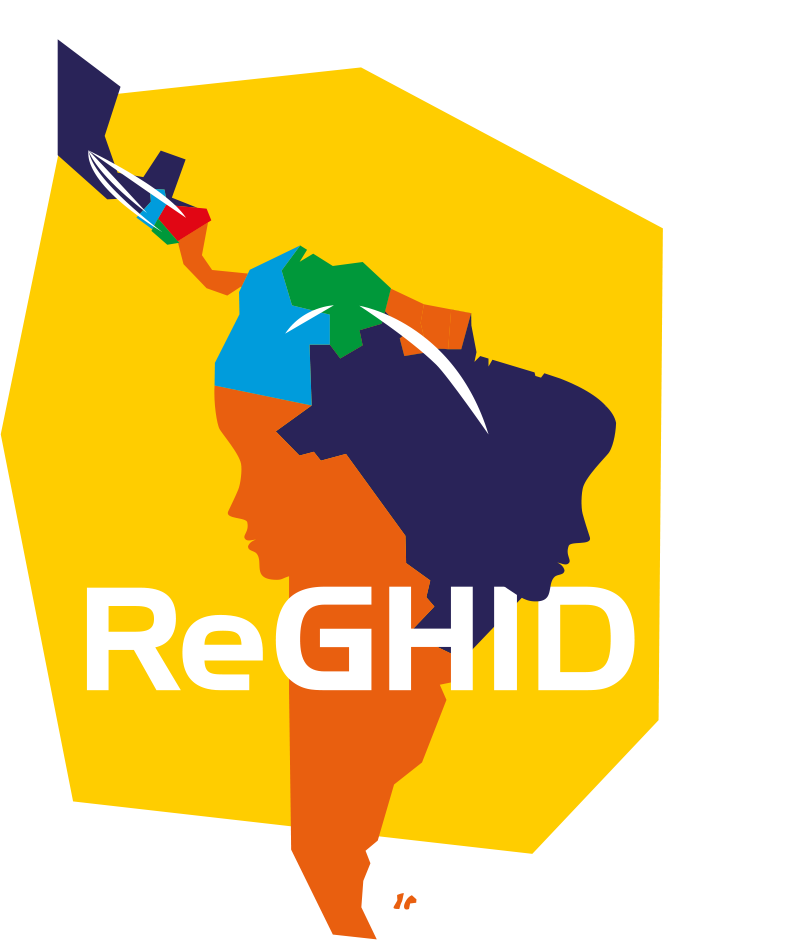University of Southampton

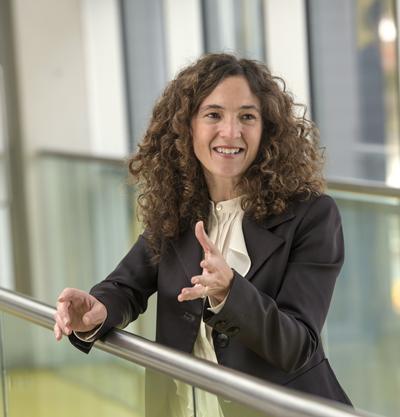
Pia Riggirozzi
Pia Riggirozzi is Professor of Global Politics at the University of Southampton, UK. She has expertise in political economy of development and health governance in Latin America, with a background in qualitative research and experience leading international, multi-institutional MRC and ESRC-DfID funded research in South America and Southern Africa. Her research interests include political economy of development, global health, rights-based approaches to health and welfare, regional governance in Latin America.
Pia has published in academic journals such as Development and Change, New Political Economy, International Affairs, Economy and Society, and Review of International Studies, as well as policy outlets such as The Lancet Migration. She is currently working on an MRC funded project on gendered health inequalities, poverty and the challenges of inclusive development in Brazil (Engaging Users for Quality Enhancement and Rights (EU QUERO): Strengthening the maternal and child healthcare system over the first 1000 days in Brazil) and is Principal Investigator in the ReGHID project.
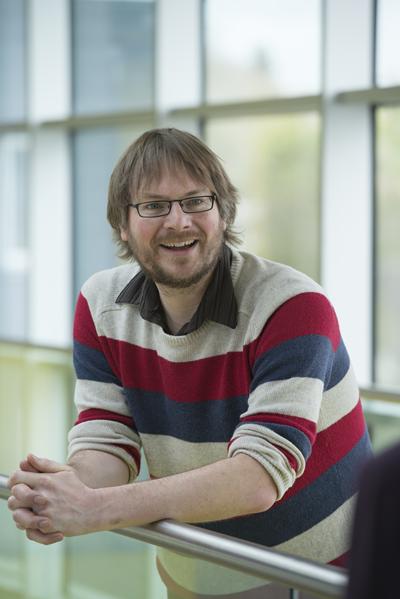
Andrew ‘Amos’ Channon
Andrew ‘Amos’ Channon is an Associate Professor of Demography in the Department of Social Statistics and Demography. His broad area of research is access to healthcare in low and middle incomes countries, studying the inequalities between population groups and focusing on groups that are being left behind. The main focus of his research is women and children, understanding inequalities in maternal and child health and healthcare, alongside people with disabilities. He is a quantitative researcher, using qualitative research when statistics do not portray the full picture of a situation.
Amos has published in a wide range of journals on a range of topics, and is currently co-leading a MRC/Newton Funded project (with the Brazilian funder, CONFAP) studying the feasibility of an intervention in two states of Brazil to improve knowledge of the health system by women and communities as well as improving access to services through a rights based intervention, using Community Health Workers as the catalyst for change, EU QUERO. He is also involved in a GCRF project on prostheses in Cambodia, working with an international NGO to understand inequalities in treatment at clinics that fit and repair prostheses.
On the REGHID project Amos will be working on the surveys, especially focusing on the survey in El Salvador that aims to capture the sexual and reproductive health and rights on women who have returned to the country after displacement. He will also be conducting secondary analyses of data from the region to understand further about migration, gender and access to health care for sexual and reproductive health.
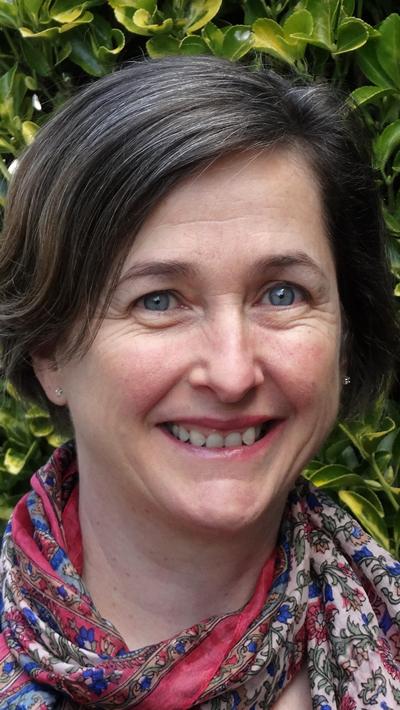
Sarah Neal
Sarah is an Associate Professor in Global Health with interests in maternal, neonatal, child and reproductive health in low and middle income countries.
Originally trained as a nurse before studying social policy and social research at the Universities of Bristol and Bath. Sarah worked on a number of public health programmes in developing countries (and particularly in fragile states), and also spent time as a UK-based advisor with the UK Department for International Development. After completing her PhD on the determinants of neonatal mortality in developing countries at Southampton University in 2009, she worked on the Atlas of Birth Maternal Health Advocacy Project with the Universities of Southampton and Aberdeen and the White Ribbon Alliance. Prior to her appointment as lecturer, Sarah held a British Academy postdoctoral fellowship researching motherhood in very young adolescents (under 16 years) in developing countries.
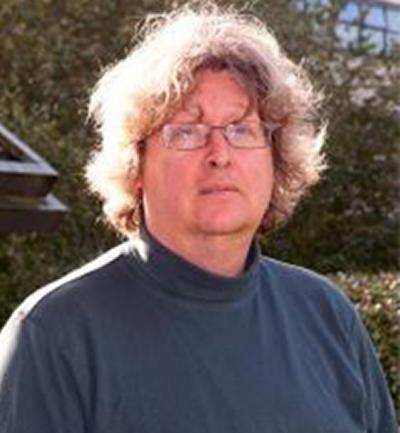
David Owen
David Owen is Professor of Social and Political Philosophy at the University of Southampton. His research interests run widely across issues of migration and refuge, democratic theory, global justice and theories of power. His most recent book What do we owe to refugees? (Polity Press, 2020) offers a normative reconstruction of the institution of refugeehood in terms of the conditions of legitimacy of the international state order that aims to underscore the purpose and value of the international refugee regime.
David’s current research projects focus on issues of justification and vindication in ethics and political philosophy, and on the relationship of global justice and global migration governance. He is particularly interested in issues concerning the design of migration governance in ways that integrate political justice arguments with theories of goods (public, private, club, common pool resources) of epistemic justice and of democratic inclusion.
In the first semester of 2020-21 David will be SSS Visiting Professor at the Institute for Advanced Study in Princeton. He has previously been Visiting Professor in Philosophy and in Social and Political Sciences at the J.W. Goethe University, Frankfurt. He is co-editor of the Critical Powers book series for Manchester University Press and of Citizenship Transitions for Palgrave Macmillan and also serves on the editorial/advisory boards of European Journal of Political Theory, Journal of Nietzsche Studies, Max Weber Studies, Political Studies and Political Studies Review. For further details, please see David Owen UoS page.
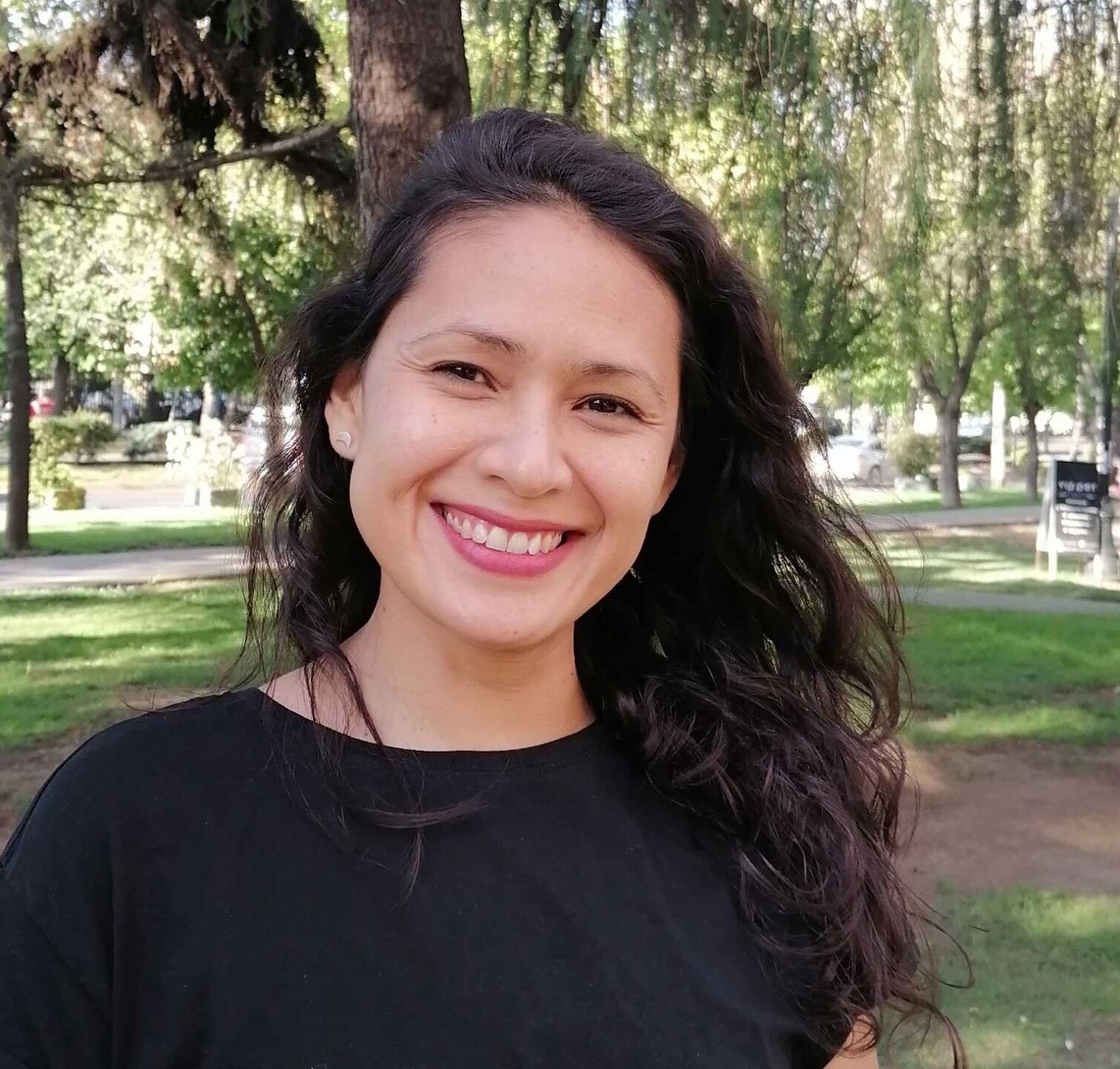
Sarahí Rueda-Salazar
Sarahí is Research Fellow for the ReGHID Project at the University of Southampton. Her research interests include in general epidemiology and public health, statistical methods for health research, social determinants of healthy years and life expectancies in older adult population, cognitive impairment and regional disparities among European and Latin American countries.
She is trained in statistical demography in an international framework. Sarahí attended several advanced training courses at the Max Planck Institute for Demographic Research (Rostock, Germany); CELADE- Population Division of Economic Commission for Latin America and Caribbean (ECLAC-UN, Chile) and at Universidad Católica Andrés Bello (Venezuela). She also attended the European Doctoral School of Demography (EDSD) at Sapienza Università di Roma (Italy). After completing her PhD on Health conditions in older adult population in Europe and Latin America at the Universitat Autònoma de Barcelona (Spain) in 2019, she worked as Professor Associated at the Universitat Pompeu Fabra (Faculty of Social and Policy sciences) and as Research Fellow at Centre for Demographic Studies (Democare project) in Barcelona (Spain). She also has expertise in survey and census implementation since she worked as planner and data analyst for 5 years at National Statistical Office (Venezuela).
On ReGHID Project, Sarahí is working with Amos Channon, developing the survey implementation for returnees’ women and adolescent girls in Centro American countries (El Salvador, Guatemala and Honduras) and conducting secondary data analyses based on SRH needs between both migratory corridors.

Claudia Drake
Claudia Drake is the Senior Project Administrator for the ReGHID Project at the University of Southampton. Claudia supports the effective management of the programme and facilitates effective communication between all co-investigators and collaborators across the UK, Central and South America.
Claudia is a bilingual professional with a background in Law and Education. She has 15 years’ experience in the UK Higher Education sector and held a variety of roles in universities in Southern England. Originally from Argentina, where she completed her undergraduate degree in Law, Claudia went on to obtain her Masters, postgraduate and Prince2 qualifications from Spanish and British institutions.

Natalia Cintra
Dr Natalia Cintra is a Research Fellow in the ESRC-funded project Redressing Gendered Health Inequalities of Displaced Women and Girls in Situations of Protracted Displacement in Central and South America’ (ReGHID) in the School of Economics, Social and Political Science of the University of Southampton. Natalia’s research focuses on migration, asylum, race and gender, human rights, citizenship and belonging with respect to Sub-Saharan and Haitian migrant and refugee communities in Latin America, as well as wider migration and refugee flows to and throughout the region. She adopts Critical Race, Antiblackness, Feminist, Postcolonial and Decolonial approaches, and has expertise in qualitative methodologies. Prior to joining her position at the University of Southampton, Dr Natalia held legal roles in non-profit organisations in the UK and Brazil regarding the rights of refugees in migrants in these countries. She also held academic positions in research and teaching in several institutions and projects in Latin America and is a member of different research and professional networks for the rights of refugees and migrants. Please click <here> for her list of publications.
University of York


Jean Grugel
Jean Grugel is Professor of Development Politics at the University of York, where she is the Director of the Interdisciplinary Global Development Centre (IGDC). Her research interests include global political economy, global health, regional and global governance, human rights, children’s work and the gendered politics of care. She is currently working on an MRC-GCRF funded project on health for all in Malawi, Thanzi la Onse and on the use of secondary data in development.
Jean is a trustee of International Service, Childhope UK and Hope and Homes for Children, and has advised the EU on the implementation of children’s rights and UNICEF on ring-fencing tax income to improve children’s welfare. She currently serves on the ESRC Grants Advisory Panel and its International Development Expert Group. Jean’s recent publications include: Demanding Human Rights in the Global South, The Handbook of International Development, and has also published articles in Development and Change, World Development, Human Rights Quarterly, Development Policy Review, Citizenship Studies and International Affairs.
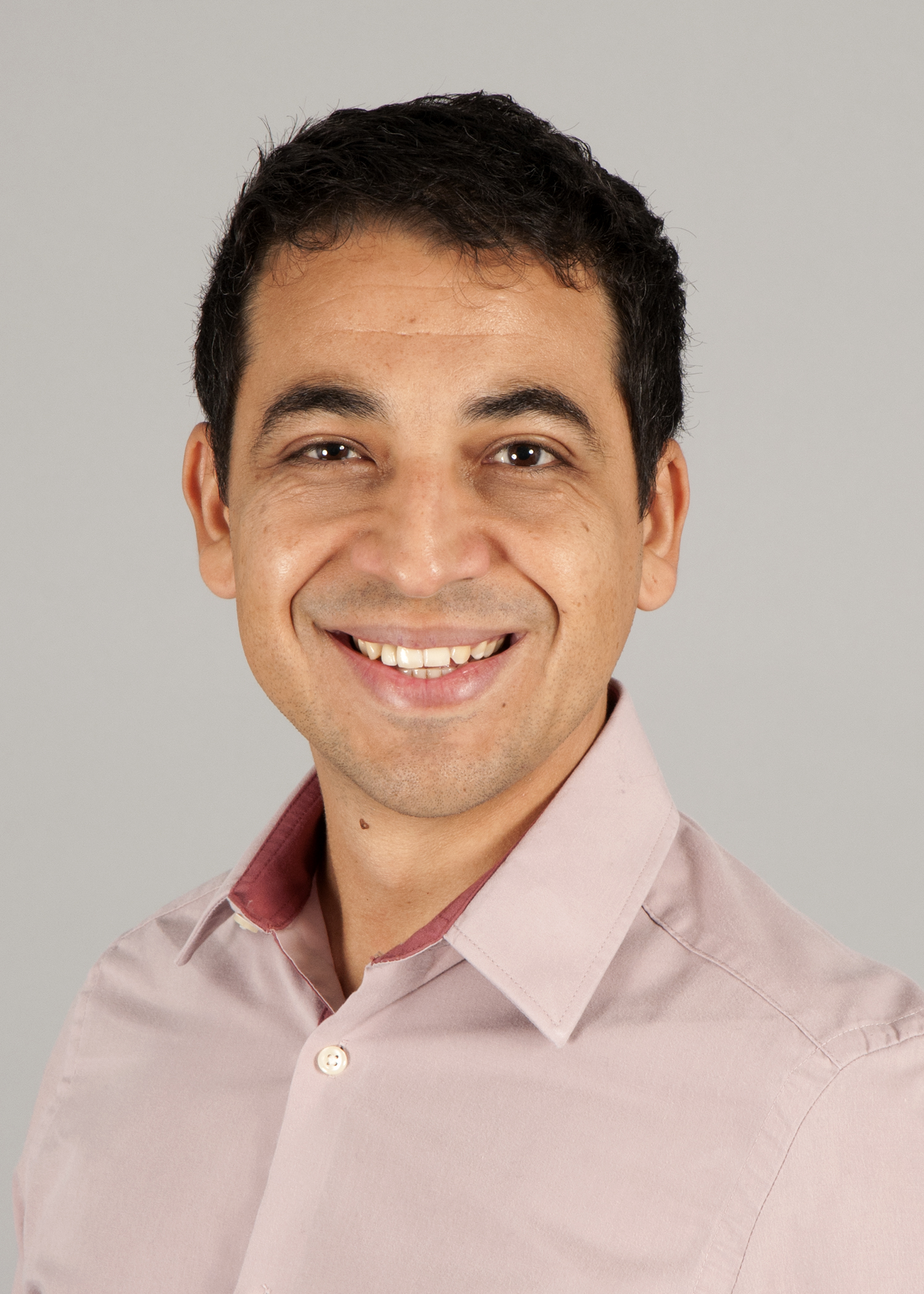
Rodrigo Moreno-Serra
Rodrigo Moreno-Serra is a Reader (Associate Professor) in Global Health Economics at the Centre for Health Economics, University of York, where he co-leads the Global Health Team. He has previously held academic positions at the University of Sheffield and Imperial College London. Rodrigo has also worked on multiple instances as a consultant for institutions including WHO, OECD, World Bank and the Global Fund to Fight AIDS, Tuberculosis and Malaria. His research interests encompass various topics in health economics, global health and development economics. He has published papers in top academic journals and policy reports dealing with health system financing and the impact evaluation of health policies and programmes, among other themes. Rodrigo’s research has been recognised through continuous external funding to lead different projects, awards by professional organisations, invitations to speak at international events and press coverage. He is an associate editor of the Journal of International Development. For further details, please see Rodrigo’s webpage.

Tallulah Lines
Tallulah Lines is a PhD candidate in Politics at the University of York and Research Associate at the Interdisciplinary Global Development Centre. Her PhD deals with the role of art in feminist activism in Mexico. She is working on two research projects at IGDC; Gender and Health Systems in Low and Middle-Income Countries after Covid-19, and Redressing Gendered Health Inequalities of Displaced Women and Girls in Contexts of Protracted Crisis in Central and South America. Tallulah is interested in using the arts and creative methods within academic research and has carried out projects exploring the relationship between art and research in Mexico.


